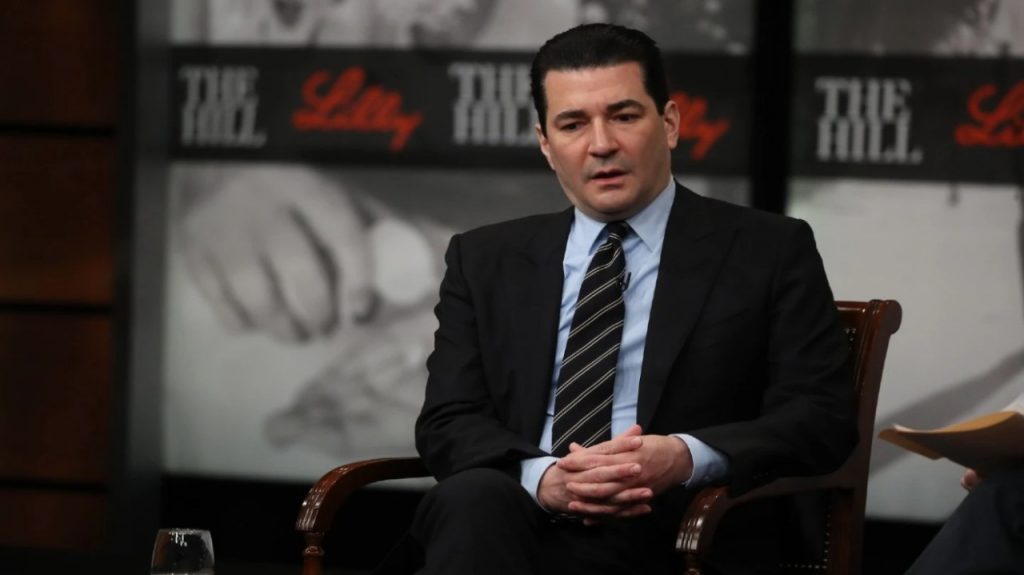
Gottlieb predicts monkeypox will become public health failure
Former Food and Drug Administration (FDA) Commissioner Scott Gottlieb penned an op-ed in the New York Times published on Saturday arguing that the United States lacks a federal infrastructure capable of dealing with public health emergencies like monkeypox and COVID-19.
“Our country’s response to monkeypox has been plagued by the same shortcomings we had with Covid-19,” Gottlieb wrote in the op-ed.
“Now if monkeypox gains a permanent foothold in the United States and becomes an endemic virus that joins our circulating repertoire of pathogens, it will be one of the worst public health failures in modern times not only because of the pain and peril of the disease but also because it was so avoidable,” he said. “Our lapses extend beyond political decision making to the agencies tasked with protecting us from these threats.”
Gottlieb said the country did not test enough people for monkeypox in the early days of the outbreak, noting that the Centers for Disease Control and Prevention (CDC) did not expand testing to large commercial labs until late June.
“Its cultural instinct is to take a deliberative approach, debating each decision,” he said of CDC. “With Covid, the virus gained ground quickly. With monkeypox, which spreads more slowly, typically through very close contact, the shortcomings of CDC’s cultural approach haven’t been as acute yet. But the shortfalls are the same.”
CDC has reported nearly 5,200 cases as of Sunday, and the outbreak has reached all but three states: Montana, Vermont and Wyoming.
Monkeypox spreads through close contact with an infected animal or person, generally through lesions, body fluids, contaminated materials and respiratory droplets. Those droplets can only travel up to a few feet and usually require prolonged contact for transmission.
The virus has largely been detected in men who have sex with men, leading some jurisdictions to prioritize those groups to receive the currently limited number of available monkeypox vaccine doses.
Gottlieb called for CDC to continue leading the nation’s pandemic response, but he argued that it should transfer some of its disease prevention work to other agencies.
He called for the FDA to manage smoking and the National Institutes of Health (NIH) to handle cancer and heart disease.
“Focus the CDC more on its core mission of outbreak response,” Gottlieb wrote. “And imbue the agency with the national security mind-set that it had at its origins. If the CDC mission were more tightly focused on the elements required for handling contagion, Congress might be more willing to invest it with the robust authority to do that targeted mission well.”
But Gottlieb cast doubt on the feasibility of reform to equip CDC and other public health agencies with new tools and authority, citing his conversations with lawmakers and their staffs that showed what he called a “scant appetite” for such a move.
“After Covid, there’s a view among some that public health agencies used flawed analysis and miscalculated their advice,” Gottlieb wrote. “Securing a political consensus that the CDC needs to be further empowered to complete its mission — for example, invested with the authority to compel reporting from states — is politically unobtainable.”